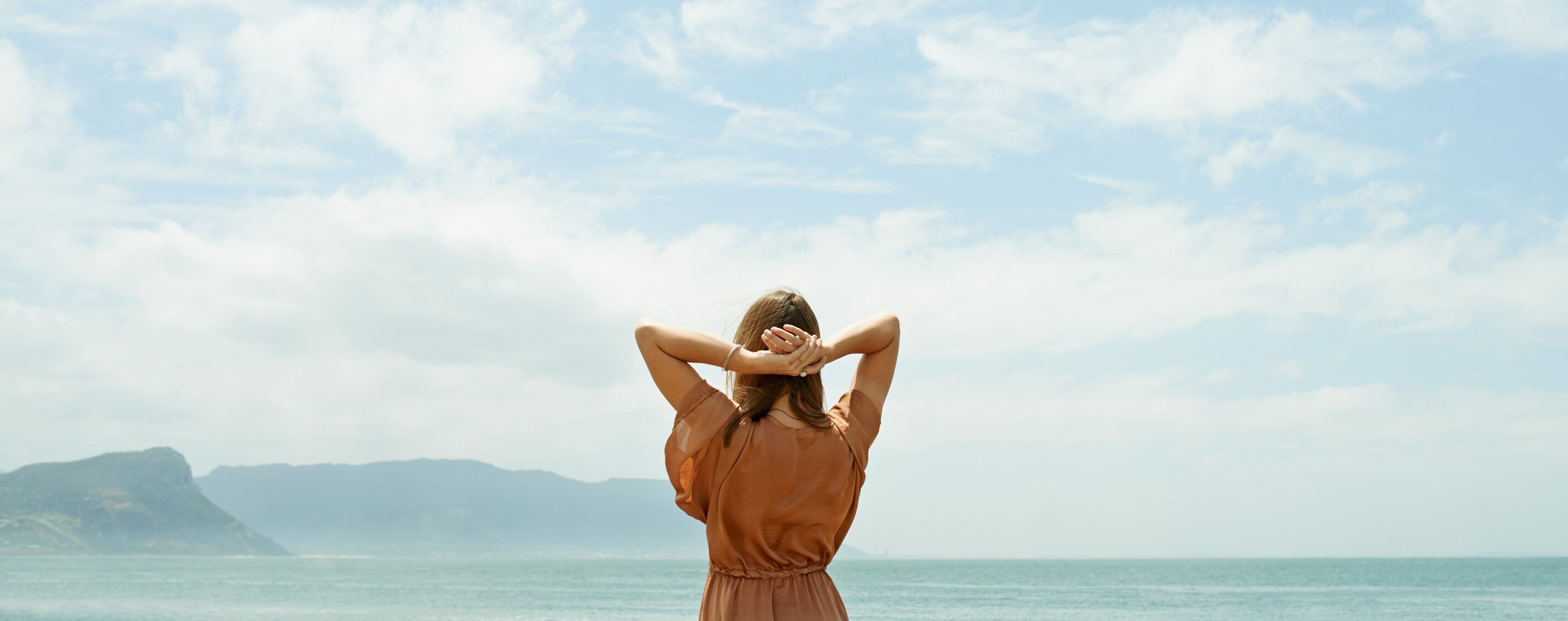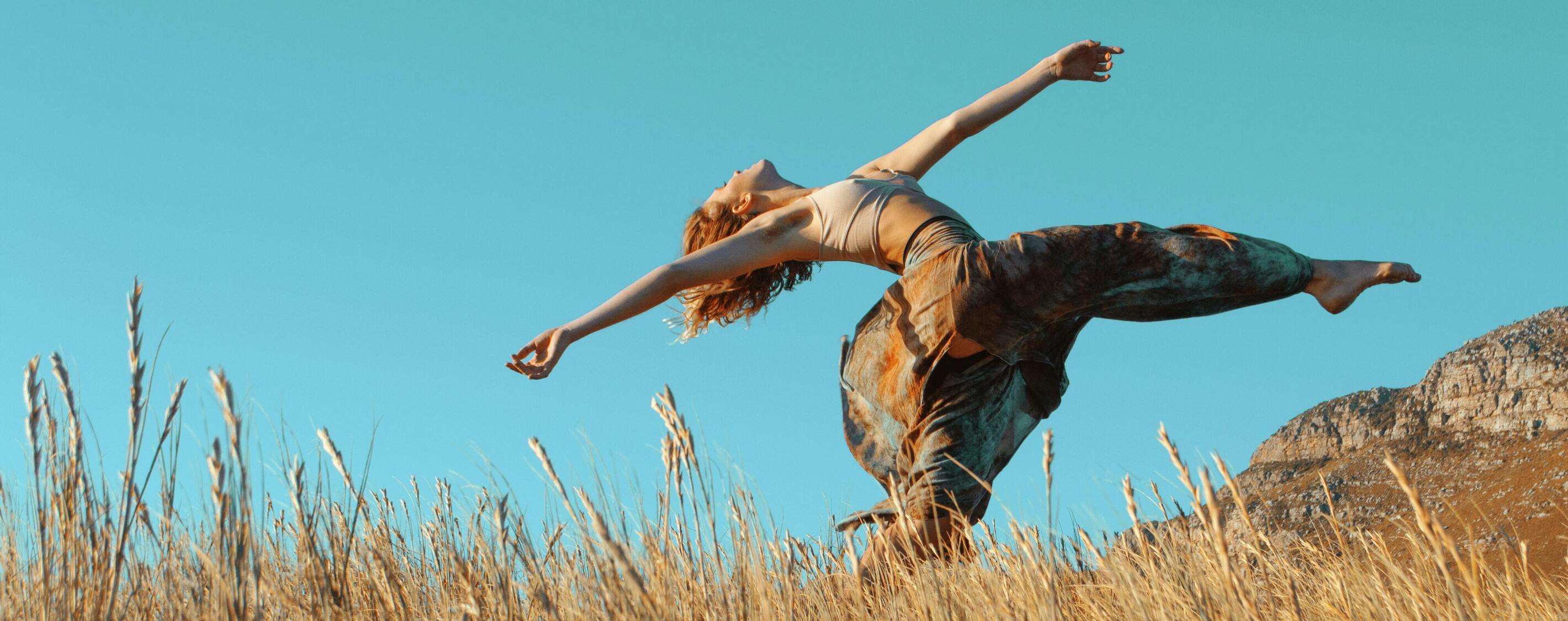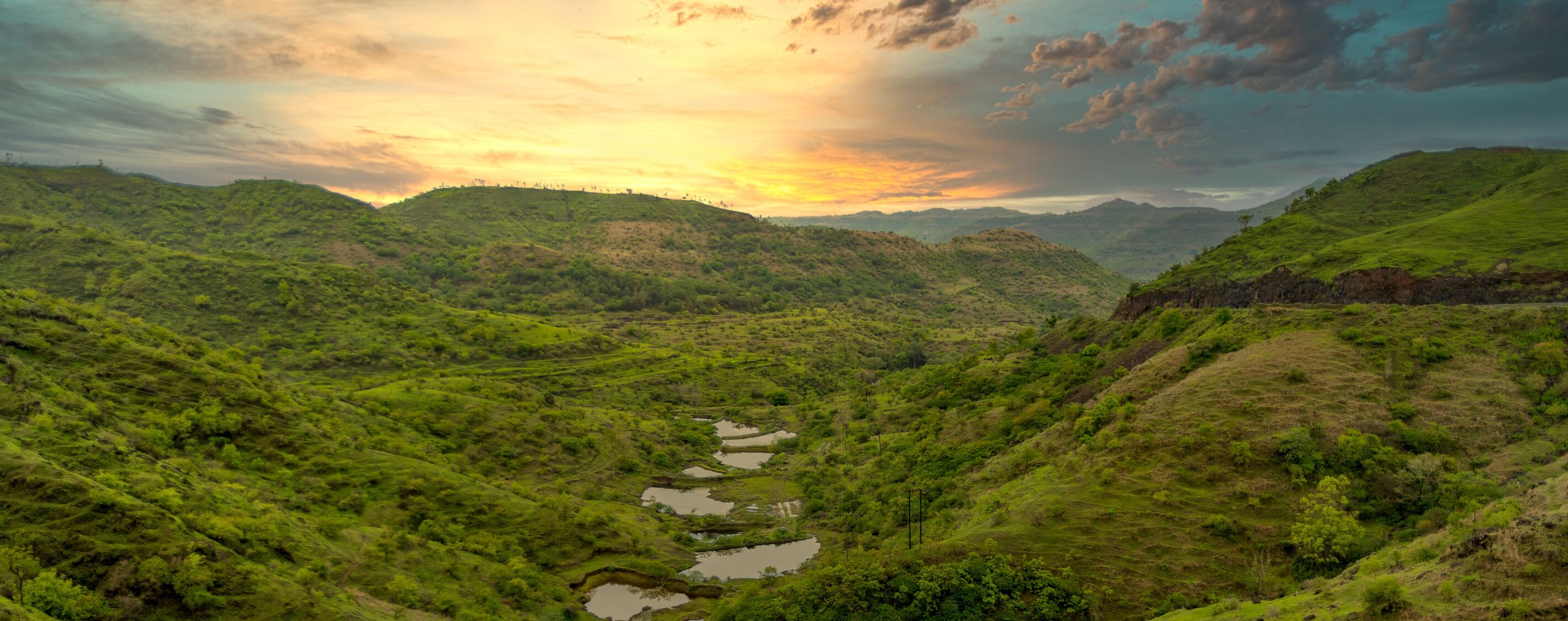“Doing nothing is better than being busy doing nothing.” –Lao Tzu
Doing nothing probably sounds good, but when is the last time you really did it? Turned off your devices? Practiced some deep breathing? Stared off into space? Smelled the roses? The art of doing nothing is sweet!
A visit to Italy will soon have you embracing the concept of dolce far niente or “sweetness of doing nothing.” It does not mean being lazy; instead, it’s the idea of finding pleasure in idleness or relaxation. It is the ability to savor an experience, relishing the feeling of wholeness as it fills what is empty. This is a different sort of doing nothing, much more than laying around scrolling on your phone. It offers the opportunity to be in the moment in whatever way you choose and, in the process, improve your life in surprising ways.
If the idea of spending time relaxing and doing nothing is uncomfortable, you are not alone. Society has shifted toward prioritizing hyper-productivity, making the notion of doing nothing seem unproductive and inefficient. If there is time left unfilled during the day, there is an urge to fill it with something. It’s no wonder people have such a hard time relaxing and enjoying moments of nothingness. Doing nothing a skill you may have lost touch with but can be reacquired with a bit of practice. The potential is there within you (you had it as a kid) so give yourself permission to at least give it a try.
It serves an important purpose as well, probably unwittingly to most, in that it provides a sense of connection, not only to each other but with yourself. As a result, you end up gaining greater clarity about what is important to you at your core. This is a stimulating, always on-the-go society and it has become the default form of living, especially in the West. There is so much pressure to perform and meet expectations, creating a treadmill of stressful activity day after day.
Somewhere along the way society gave up on notions such as relaxation, idleness, and living in the moment as an important part of daily life. Having periods of time with little activity has always been a part of life and was assuredly accepted and enjoyed by your ancestors in a way that has been long forgotten. It never had to be defined, until now. It is easy to be consumed by should’s and must’s. It is easy to forget some of your most basic needs and, along with them, the most basic ways of fulfilling them.
Start to think of your time spent in solitude or engaging in a relaxing activity as an investment in your health, longevity, and well-being. The belief of not having enough time in the day is a myth that can be unraveled. Just be aware of what consumes your time.
Contrary to what you might think, being too busy can be counterproductive. Think of a washing machine that is crammed with too many clothes. Not much actual washing takes place because there is not enough space to move and churn. This same concept applies to life in general; you can use a little more space to help connect to the pulse of life and enjoy the pleasures it has to offer, no matter how small.
Quick Practice Exercise
1. Set aside 5–10 minutes of time at home or someplace quiet where you feel calm and comfortable. Turn off all distractions and let people know not to disturb you. Try placing your phone in a different room from the one you are in as this is a powerful distraction.
2. Now, close your eyes if you feel comfortable—and then simply do nothing, whatever that means to you. The idea is that if someone were to call and ask what you were up to in that moment, you would say, legitimately, “nothing.”
3. After 5–10 minutes, stop and observe how you feel. Was it uncomfortable? Was it relaxing? There will be many feelings and thoughts that arise, just observe them all without judgment. This is a starting point to help you test the waters and begin tapping into your inner world where your needs and desires lie. You will find it requires a bit of practice at first. Try doing this each day for a couple of weeks, put it in your calendar, and see how it evolves and what begins to emerge.
There are many ways to engage in idle activity; it’s an art that you will refine over time. If you need some ideas here are some creative ways to spend time enjoying the sweetness of doing nothing:
Remember, the idea is to find pleasure in moments of idleness or relaxation. Enjoy those moments when your heart is full and you feel lighter as your burdens are lifted, even if it’s just during that time. You are giving yourself the space to think and feel deeply in a way that can’t happen when consumed by the busyness of your daily activities.
You don’t need to go to Italy to experience dolce far niente. It’s time to relax and reclaim that part of yourself. You were given the ability to feel pure pleasure. What will you do today to start re-discovering the sweetness of doing nothing?
Doing nothing probably sounds good, but when is the last time you really did it? Turned off your devices? Practiced some deep breathing? Stared off into space? Smelled the roses? The art of doing nothing is sweet!
A visit to Italy will soon have you embracing the concept of dolce far niente or “sweetness of doing nothing.” It does not mean being lazy; instead, it’s the idea of finding pleasure in idleness or relaxation. It is the ability to savor an experience, relishing the feeling of wholeness as it fills what is empty. This is a different sort of doing nothing, much more than laying around scrolling on your phone. It offers the opportunity to be in the moment in whatever way you choose and, in the process, improve your life in surprising ways.
If the idea of spending time relaxing and doing nothing is uncomfortable, you are not alone. Society has shifted toward prioritizing hyper-productivity, making the notion of doing nothing seem unproductive and inefficient. If there is time left unfilled during the day, there is an urge to fill it with something. It’s no wonder people have such a hard time relaxing and enjoying moments of nothingness. Doing nothing a skill you may have lost touch with but can be reacquired with a bit of practice. The potential is there within you (you had it as a kid) so give yourself permission to at least give it a try.
The Deeper Meaning
For Italians, dolce far niente is a part of everyday life, and they do it well. It is observed in families taking a stroll together, sipping wine with friends at a café, enjoying good coffee, and watching the passersby. Noticeably, there is a feeling of presence and truly enjoying the moment as it is. It is simple and pure. Doing nothing can be an event in itself!It serves an important purpose as well, probably unwittingly to most, in that it provides a sense of connection, not only to each other but with yourself. As a result, you end up gaining greater clarity about what is important to you at your core. This is a stimulating, always on-the-go society and it has become the default form of living, especially in the West. There is so much pressure to perform and meet expectations, creating a treadmill of stressful activity day after day.
Somewhere along the way society gave up on notions such as relaxation, idleness, and living in the moment as an important part of daily life. Having periods of time with little activity has always been a part of life and was assuredly accepted and enjoyed by your ancestors in a way that has been long forgotten. It never had to be defined, until now. It is easy to be consumed by should’s and must’s. It is easy to forget some of your most basic needs and, along with them, the most basic ways of fulfilling them.
The Importance of Relaxation
With the mindfulness movement, the notion of dolce far niente isn’t so far-fetched. A mindful way of life encourages sitting down and pressing pause on your life from time to time, giving yourself space to take a deep breath and simply be. Mindfulness practices such as meditation, yoga, and nature walks create the space to not only experience—but to recognize the experience of—life’s sweet moments.Start to think of your time spent in solitude or engaging in a relaxing activity as an investment in your health, longevity, and well-being. The belief of not having enough time in the day is a myth that can be unraveled. Just be aware of what consumes your time.
Contrary to what you might think, being too busy can be counterproductive. Think of a washing machine that is crammed with too many clothes. Not much actual washing takes place because there is not enough space to move and churn. This same concept applies to life in general; you can use a little more space to help connect to the pulse of life and enjoy the pleasures it has to offer, no matter how small.
The Art of Relaxation
Initially, trying to sit down and relax can be overwhelming—like opening the floodgates. Your nervous system may have been over-stimulated for so long that it might have a hard time recalibrating and adjusting to this newfound lack of activity. Be gentle and patient with yourself and start by doing small nothings at first, just a few minutes at a time. You may need to give your body and mind a little time to adjust and learn the importance of doing nothing.Quick Practice Exercise
1. Set aside 5–10 minutes of time at home or someplace quiet where you feel calm and comfortable. Turn off all distractions and let people know not to disturb you. Try placing your phone in a different room from the one you are in as this is a powerful distraction.
2. Now, close your eyes if you feel comfortable—and then simply do nothing, whatever that means to you. The idea is that if someone were to call and ask what you were up to in that moment, you would say, legitimately, “nothing.”
3. After 5–10 minutes, stop and observe how you feel. Was it uncomfortable? Was it relaxing? There will be many feelings and thoughts that arise, just observe them all without judgment. This is a starting point to help you test the waters and begin tapping into your inner world where your needs and desires lie. You will find it requires a bit of practice at first. Try doing this each day for a couple of weeks, put it in your calendar, and see how it evolves and what begins to emerge.
There are many ways to engage in idle activity; it’s an art that you will refine over time. If you need some ideas here are some creative ways to spend time enjoying the sweetness of doing nothing:
- Take an epsom salt bath.
- Disconnect from technology for a day.
- Read a good book.
- Perform breathing exercises.
- Have a day of rest.
- Watch your children play.
- Take time to smell the roses (of course!).
- Discover your inner artist.
- Give someone a hug.
- Take an afternoon nap.
- Watch the sunset or stare at the stars at night.
- Have dinner with a dear friend or loved one.
- Enjoy your food.
- Take a walk in nature.
- Meditate.
Remember, the idea is to find pleasure in moments of idleness or relaxation. Enjoy those moments when your heart is full and you feel lighter as your burdens are lifted, even if it’s just during that time. You are giving yourself the space to think and feel deeply in a way that can’t happen when consumed by the busyness of your daily activities.
You don’t need to go to Italy to experience dolce far niente. It’s time to relax and reclaim that part of yourself. You were given the ability to feel pure pleasure. What will you do today to start re-discovering the sweetness of doing nothing?




